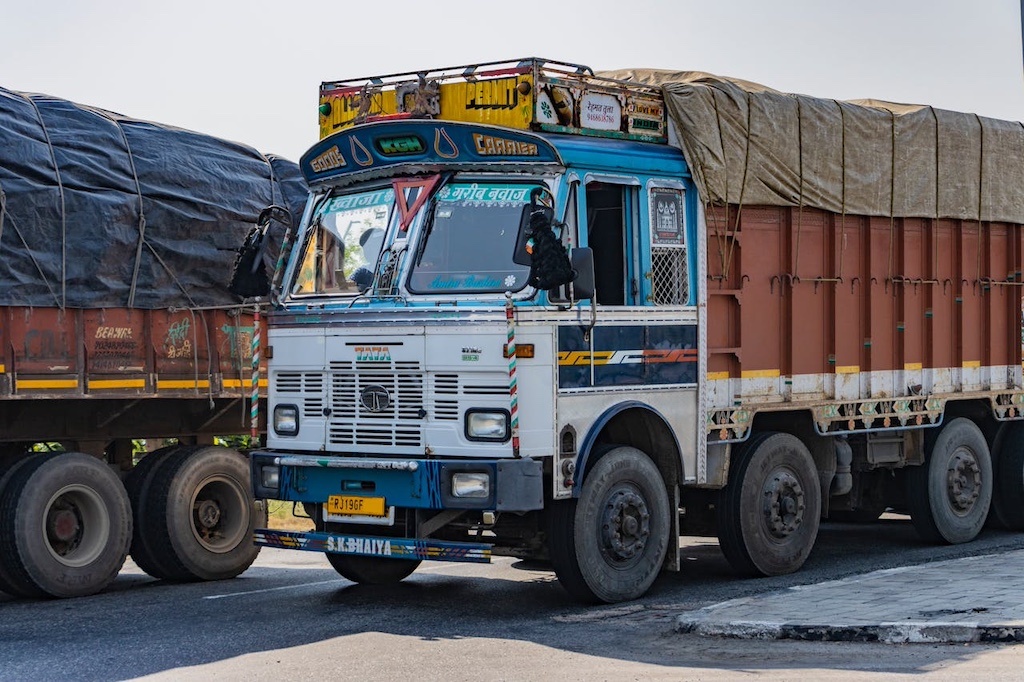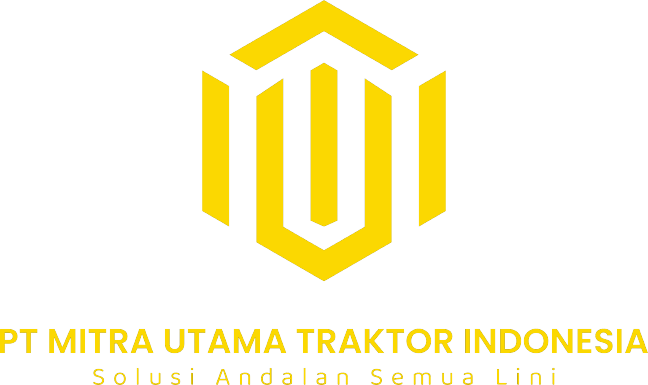Air pollution in major Indonesian cities has become an increasing concern. Particularly in the Greater Jakarta area, which has recorded some of the worst air quality levels in recent years. One of the main contributors to this pollution is the transportation sector, especially heavy-duty vehicles such as cargo trucks. In response, the Ministry of Environment and Forestry (MoEF) is expediting emissions testing for cargo trucks, as part of a national strategy to reduce air pollution and improve environmental quality.
This move aligns with the government’s commitment to lower vehicle exhaust emissions and encourages the use of cleaner fuels. Through regulatory and technical measures, the MoEF aims to transform the land freight transport sector significantly. This sector has long been a major source of air pollution in many regions.
Emissions Contribution from Category N & O Trucks
Heavy-duty vehicles that contribute the most to emissions fall under Categories N and O.
- Category N includes motor vehicles over 3.5 tons that manufacturers design to transport goods (such as container trucks, dump trucks, and logistic vehicles).
- Category O refers to non-motorized vehicles such as trailers and semi-trailers, and Category N vehicles tow them.
These vehicle types have a significant population and operate for long hours each day, often traveling intercity or serving key ports. Due to their large capacity and heavy-duty operations, these trucks emit high levels of exhaust gases, including particulate matter (PM2.5), nitrogen oxides (NOx), carbon monoxide (CO), and hydrocarbons that pollute the air and harm public health.
According to data from the Ministry of Environment and Forestry, heavy-duty vehicles contribute over 40% of transport sector emissions. Even though their numbers are lower than private vehicles, they still produce significantly more emissions. This is the main reason why the MoEF is targeting comprehensive emissions testing for these trucks.
Pollution Reduction Potential of 20–25%
The MoEF estimates that by expanding and accelerating emissions testing for heavy vehicles, particularly Category N and O trucks, air pollution levels can be reduced by 20 to 25% in the medium term.
Emissions testing is not just an administrative requirement—it is also a tool to evaluate the environmental viability of vehicles. Trucks that fail to meet emissions standards must undergo repairs or stop operating. With consistent enforcement, authorities allow only compliant trucks on Indonesian roads.
This reduction in pollution will directly impact air quality, particularly in industrial and high-traffic areas. Additionally, it will help reduce diseases caused by pollution, like respiratory infections, asthma, and cardiovascular issues. These illnesses currently burden the public healthcare system across many urban areas.

https://www.pexels.com/photo/colorful-indian-tata-truck-on-highway-29057947/
Government Push for Transition to Euro-4 Vehicles
As part of its long-term strategy, the government, through the MoEF and the Ministry of Transportation, is also pushing for a transition to Euro-4 emission standard vehicles, which regulate maximum levels of sulfur and other harmful exhaust gases.
The Euro-4 standard requires the use of low-sulfur fuel (with a maximum of 50 ppm), significantly lower than conventional fuels that contain much higher sulfur content and pose a greater risk to air quality.
To support this transition, the government has taken several steps:
- Mandating the production and import of new Euro-4 vehicles since mid-2022.
- Preparing fuel distribution infrastructure to meet Euro-4 standards, in cooperation with Pertamina and other fuel providers.
- Providing fiscal incentives for fleet renewal, replacing old trucks with more environmentally friendly alternatives.
Nevertheless, challenges remain, particularly regarding investment costs and the readiness of logistics operators. Therefore, strong collaboration between the government, industry stakeholders, and the public is crucial to speed up the shift toward a cleaner heavy-duty transport system.
The MoEF’s acceleration of emissions testing for cargo trucks is a strategic step in curbing Indonesia’s air pollution. By targeting Category N and O trucks—major contributors to transport-related emissions—and promoting the use of Euro-4 fuel standards, the government is demonstrating a real commitment to environmental protection.
If these initiatives are consistently implemented, the potential 20–25% reduction in air pollution is an achievable goal. Beyond meeting national targets, these policies will deliver tangible benefits for public health, energy security, and environmental sustainability across Indonesia.
Read other Articles: Understanding Emission Standards & Global Regulations on Exhaust Gases





